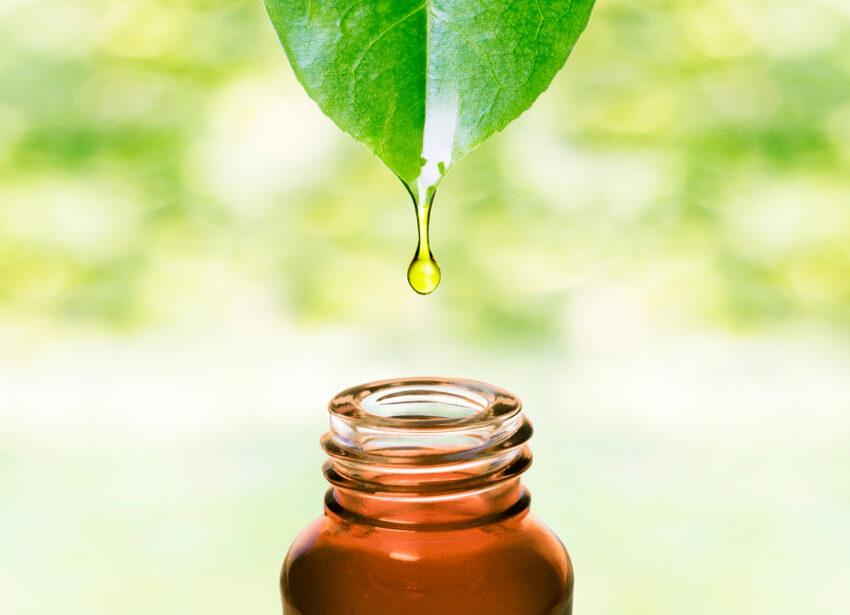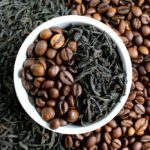
Essential oils: Do they work?
There are a lot of alternative remedies out there and a lot of claims are made about whether they work or not. Usually, they claim that everything works. What’s missing from nearly all these articles is:
PROOF
The main thrust of this blog is to present ideas and back them up with science. Reading an article that says “diatomaceous earth kills parasites” without proof is not useful at all.
However, I’ve shown research to back up claims that diatomaceous earth helps with parasites and mites, among other things.
Today I move on to another alternative therapy that is touted, but rarely backed up with research: essential oils.
Now I’ve already presented evidence that thyme oil is a very effective disinfectant and a great alternative to bleach. In researching this, I came across some incredible research about the many ways essential oils can be used. The research comes primarily from poultry but pathogens are pathogens so the research should be taken seriously.
I’ll just quote from the research studies. Note that in the first study, thyme oil was not tested.
Out of 21 essential oils tested, 19 oils showed antibacterial activity against one or more strains. Cinnamon, clove, geranium, lemon, lime, orange and rosemary oils exhibited significant inhibitory effect. Cinnamon oil showed promising inhibitory activity even at low concentration, whereas aniseed, eucalyptus and camphor oils were least active against the tested bacteria.
In vitro antibacterial activity of some plant essential oils—BMC Complementary and Alternative Medicine—Nov 30, 2006
Shocking stuff about thymol (a component of thyme oil). This is a very dense paper so I’ve provided the most understandable quotes.
Khajeali et al. (2012) reported that thymol produced a significant increase in antibody titers against the Newcastle disease virus in broiler chickens.
There are a convincing number of studies that reveal that thymol alone or thymol in plants along with other metabolites possess potent antimicrobial, antifungal, antibacterial, and antiparasitic properties.
Thymol showed anticancer properties in different types of cell lines mimicking human cancer and it demonstrated its potential as a chemopreventive or anticancer agent in various types of cancers
Thymol was shown to protect against various metabolic disorders.
Thymol (30 mg/kg) was shown to inhibit the accumulation of visceral fats, enhance insulin and leptin sensitivity and improve lipid lowering action as well as augment antioxidant status […]
Pharmacological Properties and Molecular Mechanisms of Thymol: Prospects for Its Therapeutic Potential and Pharmaceutical Development—Frontiers in Pharmacology—July 26, 2017
The compounds mentioned below were thyme oil, cinnamon bark oil, phenolic acid, and caffeic acid.
These compounds all had antibacterial effects against the 4 strains of Salmonella.
The effect of thymol and thyme oil feed supplementation on growth performance, serum antioxidant levels, and cecal Salmonella population in broilers—The Journal of Applied Poultry Research—December 1, 2010
The results indicate that the test toxigenic fungi are sensitive to the 12 essential oils, and particularly sensitive to thyme and cinnamon. The results also showed that the essential oils of thyme, cinnamon, anise and spearmint have more effect on fungal development and subsequent mycotoxin production in wheat grains
Effect of oil extracted from some medicinal plants on different mycotoxigenic fungi—Food and Chemical Toxicology—Nov 2002
This study assessed the efficacy of different antifungal agents on two commonly found fungal genera from the indoor air environment […] he best performing agents were tea tree oil in liquid and vapour applications, undiluted Cavicide® and 10% Virkon® which were effective in inhibiting the growth of both genera.
An Evaluation of Antifungal Agents for the Treatment of Fungal Contamination in Indoor Air Environments—International Journal of Environmental Research and Public Health—Jun 2015
The fungicide and fungistatic activities of the essential oils, the growing literature on their mechanisms of action, along with the knowledge about their traditional and new uses, emphasize the possible applications of these natural substances in many fields, from human medicine to agriculture, from food technology to the reduction of the use of synthetic drugs and additives.
Essential Oils and Antifungal Activity—Pharmaceuticals—Nov 2, 2017
How do I use it?
This is the million dollar question. A simple and very safe way to get the benefits of essential oils is to feed your bird herbs, fresh or dried. One company even makes an herb mix you can add to your bird’s diet in a number of ways.
You could also spray wet food with a diluted solution or put in drinking water. However, the concentration is tricky as well as getting oils to mix with water. I will cover that in a future article.




